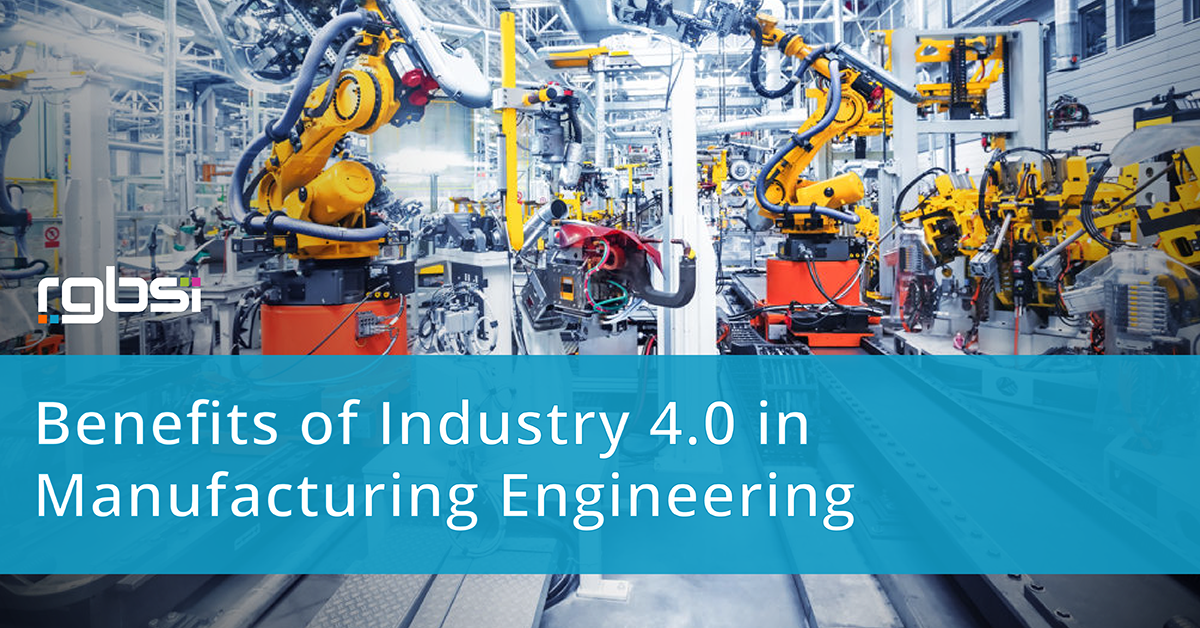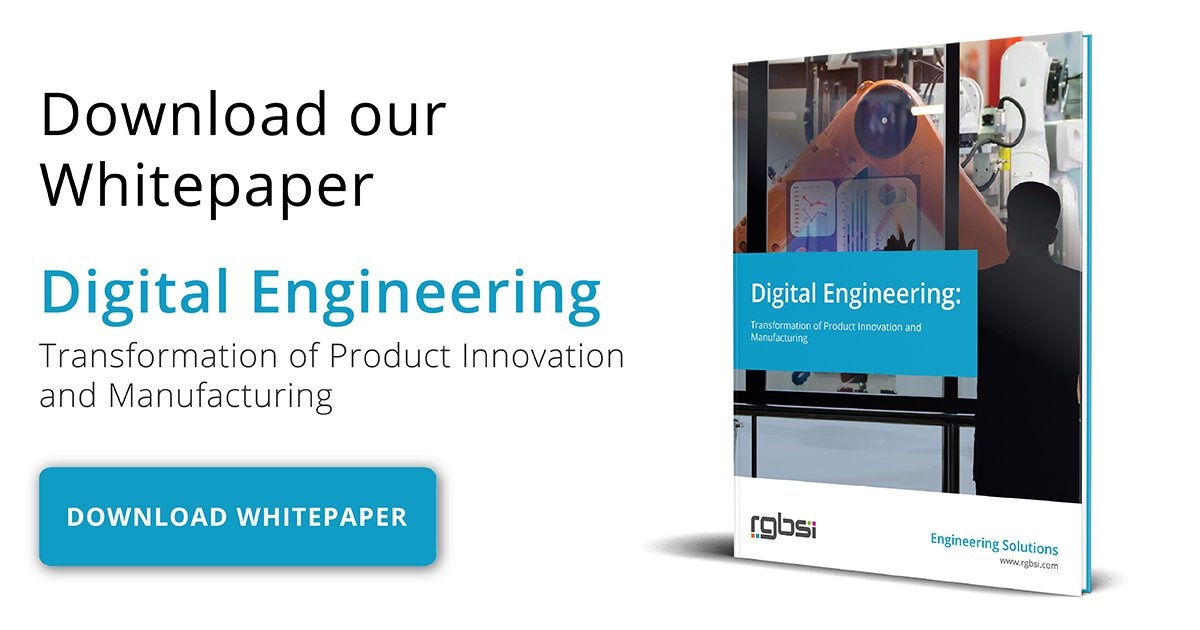
From smartphones to smart TVs, technology advancement leaves vivid impressions on our everyday lives. Technology continues to play a critical role in transforming the manufacturing engineering industry. The gradual integration of conventional engineering methods and technological practices is labeled as Industry 4.0. Manufacturing plants are becoming as automated and self-controlled as the machines operated within them. These machines have the interoperability to communicate with one another and to human operators.
In Industry 4.0, most of the applications involve a combination of modern technologies. These modern technologies are synthesized from various disciplines such as cyber-physical systems, internet of things (IoT), large-scale M2M, industrial integration, cloud computing, service-oriented architecture (SOA), and artificial intelligence (AI). All these technologies have contributed to increased automation, enhanced communication and control, along self-troubleshooting, and better levels of analysis. This has resulted in a genuinely productive prospect.
Today, nevertheless, the deficiency of substantial tools still presents a major challenge when engineers are trying to fully exploit the potential of Industry 4.0. Specifically, formal technologies and systems are substantially critical in the realization of 4.0, which introduces yet another obstacle. Fortunately, developed economies are eager to have Industry 4.0 fully implemented in all dimensions of manufacturing engineering to acquire all the value-added benefits.
Fills Workforce Gaps
Some may believe that technology is taking away our manufacturing jobs. But the paradox is that unemployment figures are telling a completely different story. The truth is that since 2011, compared to the overall unemployment, manufacturing unemployment has been lower, even by broad margins. What’s igniting this issue is the skills gap. This means that the available manufacturing jobs require skills that most of the unemployed do not possess. Specifically, manufacturers are looking for highly-skilled machine manipulators, but often it is the unskilled job seekers that are looking for these opportunities. Consequently, most manufacturing organizations have that one open position which they struggle to fill because their workforce is smaller than ideal.
Industry 4.0 in manufacturing allows manufacturers to use technology as a closure for skills gaps. This new manufacturing practice uses the contributions of all employees, in all levels of expertise, and amplifies productivity levels, meaning that manufacturers can achieve a lot with fewer engineers. Systems are tasked with automation and algorithms and humans are responsible for overseeing and maintaining these manufacturing systems as “operators.”
Mobile Networks
Mobile is considered to be at the core of Industry 4.0. In addition, 5G and the industrial internet of things (IIoT) are currently trending in the mobile industry despite being independent of one another.
- 5G is a modern production of mobile networks.
- IIoT is a modern method of conducting business which has a substantial effect on manufacturing industries.
The two may touch at several points but they have separate development paths. Recently, reputable industrial giants such as Siemens and Bosch have been boasting, using Industry 4.0 as the umbrella name to explain the meaning of manufacturing evolution, automation, and improved communication. Today, communication being at the center of industry 4.0, high capacity, and superb speeds are taking IIoT to new levels.
Business Made for Customer Experience
From a business view, it’s important to know that Industry 4.0 isn’t a modern business discipline. It’s actually a method that generates results that we couldn’t generate a few years ago. Companies are looking to take an “Industry 4.0 approach” to meet customer requirements. Therefore, in an industry where conventional operator incomes are slumping, Industry 4.0 presents an opportunity for employers that want to boost their revenue.
Digitization presents a unique opportunity for businesses to generate new methods of responding effectively to the needs of customers. It conveys a set of modern methods that are founded in a customer-centric approach.
Development of IoT and cyber-physical technologies like sensors and wearable VR headsets have enabled industrial equipment and data to play an active role in the manufacturing and engineering process. Additionally, the evolution of big data and potent analytics has enabled the processing of enormous data sets. Lastly, this technology supports a secure communication infrastructure that can be entrusted with critical aspects of business such as production.
About RGBSI
At RGBSI, we deliver total workforce management, engineering, quality lifecycle management, and IT solutions that provide strategic partnership for organizations of all sizes. As an organization of engineering experts, we understand the importance of modernization. Our engineering solutions provide clients with agility and enhancement through optimizing the value chain to meet industry protocols and full product specifications. Learn more about our automation and digital engineering services











